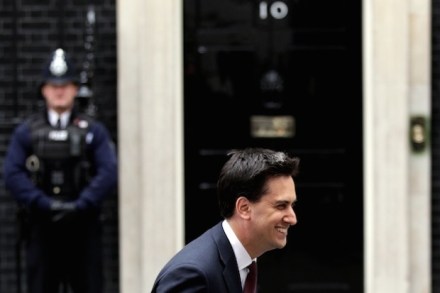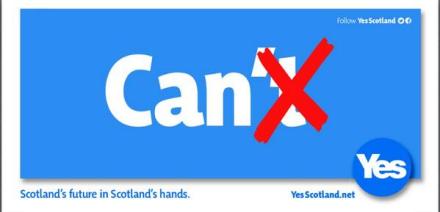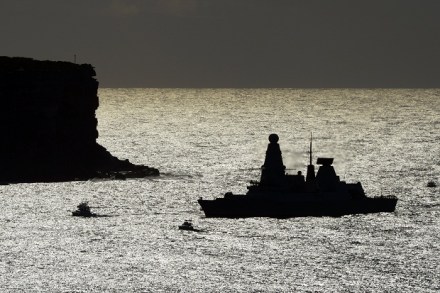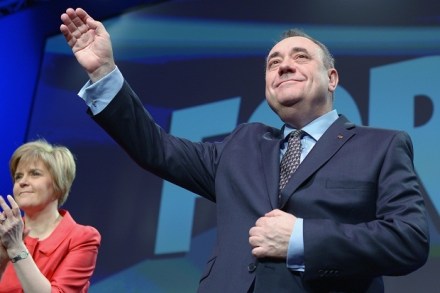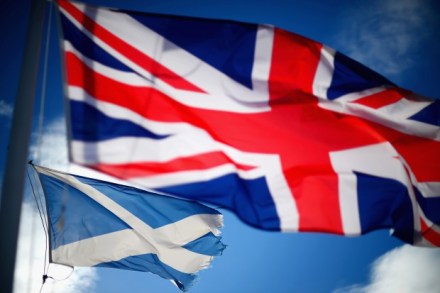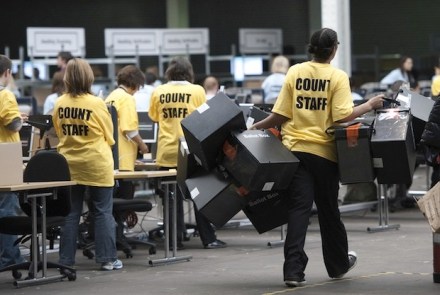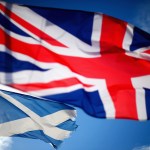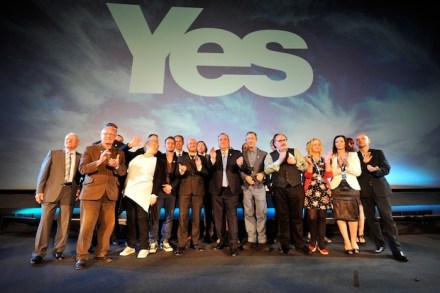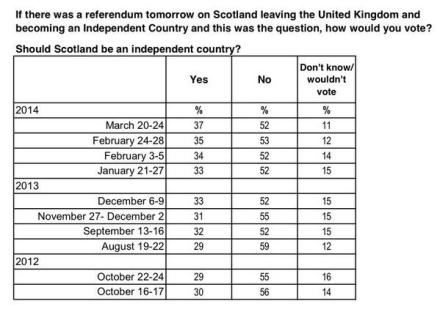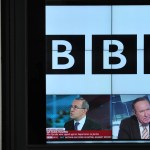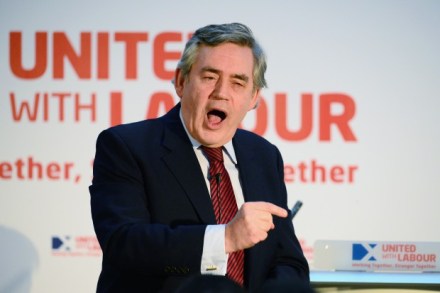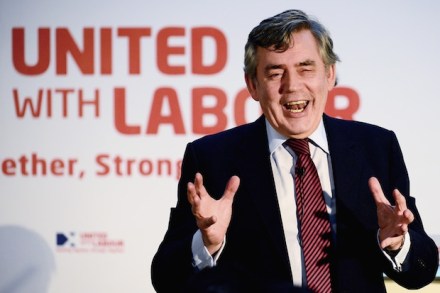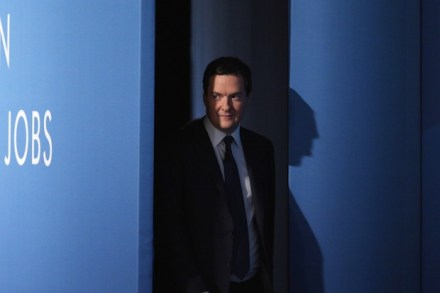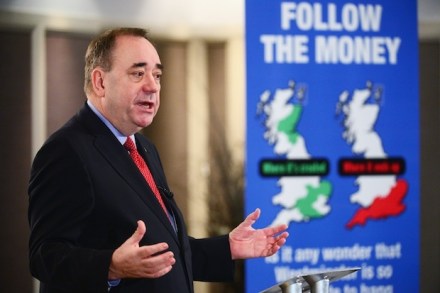Podcast: Ed Miliband’s radical Old Labour agenda and Clinton vs Bush round two
Where has Ed Miliband found the policies to form the basis of his potential government? On this week’s View from 22 podcast, The Telegraph’s Dan Hodges and Marcus Roberts from the Fabian Society debate the current state of Milibandism and whether the Labour leader is successfully crafting an intellectually coherent set of policies for government. Will Miliband limp over the finish line into No.10 with a strategy to win 35 per cent of the vote, or go for a broader One Nation approach? And does he still have any chance of becoming Prime Minister? Harpers’ Magazine John Rick MacArthur also joins to discuss Clinton vs Bush, again, with Freddy Gray.
